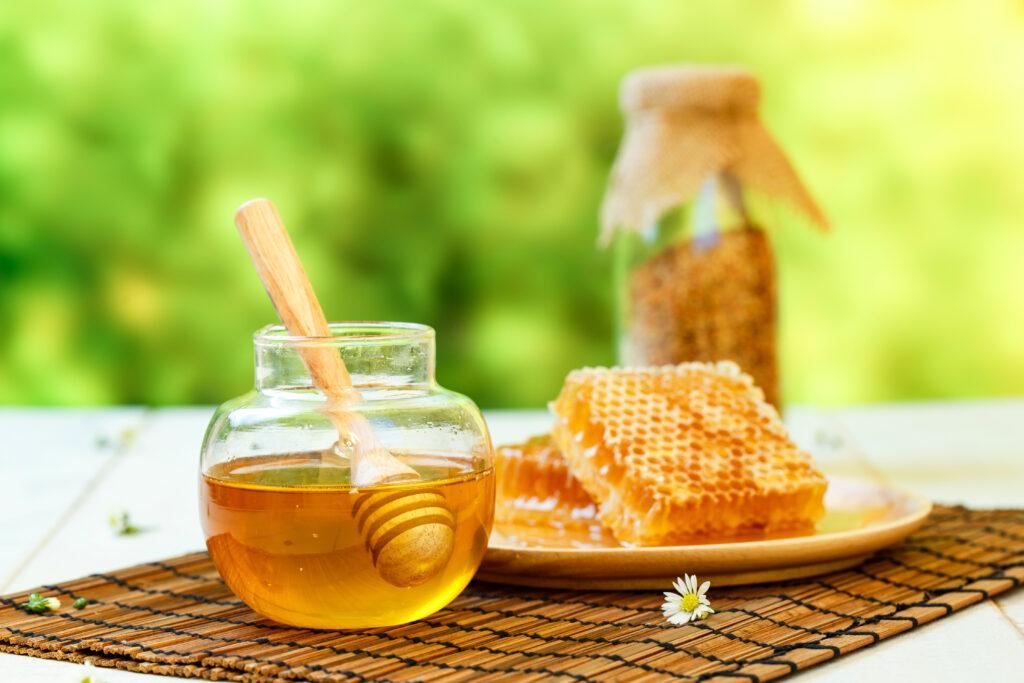Study on PFAS in Danish organic eggs

The new European Union (EU) regulation regarding per- and polyfluoroalkyl substances (PFAS) in specific food products has highlighted the necessity for a more sensitive method of PFAS analysis. In response to this need, the Technical University of Denmark (DTU) has successfully validated such a method, which has subsequently been utilized to analyze eggs obtained from Danish farms.
Silk protein as an edible food wrapper
Silklab at Tufts University has been using silk as a solution for various technological challenges. Scientists have transformed silk into useful materials, such as faux leather, optical sensors and coatings that can extend the shelf life of food.
Impact of taurine on health
Previous research with taurine, a semi-essential micronutrient, indicated a correlation between blood taurine levels and health, however its impact on aging remained unknown.
Biodiversity loss as driver
Biodiversity loss has many negative impacts, thus, protecting species and ecosystems and restoring nature must be a priority.
Concerns about dicamba herbicide
Since 2016, dicamba has been a popular herbicide on soybeans and other genetically modified species that are resistant to the drug. Dicamba offers a solution to the problem caused by glyphosate-resistant weeds, but it also carries a number of risks.
Dietary intake of sulfites could be a safety concern according to EFSA
High dietary intakes of sulfites could be a safety concern for consumers of foodstuffs that contain the additives, EFSA’s experts concluded in their updated assessment of sulfur dioxide (E220) and sulfites (E221-228). Gaps in toxicity data meant the extent of certain adverse health effects could not be confirmed.
Fraudulent honey is a serious problem

Several studies show that honey counterfeiting is a very common problem.
Food safety risks in the Edible Insect Industry in Europe—New Challenges and Old Problems

Egy nemrég megjelent áttekintő tanulmány a rovarok szerepét tárgyalja az európai agrárökoszisztémákban, kiemelve a rovarok hozzájárulását a fenntartható mezőgazdasághoz, a “farmtól az asztalig” (F2F) stratégiához és az európai Green Deal megállapodás teljesítéséhez.
Occurrence and potential risks of nanoparticles in food
A French analysis looked at the nanoparticle content of commercially available everyday products. Another study investigates the effects of nanoparticles in the development of food allergies.
Maternal Aflatoxin B1 Exposure: Effects on Foetal Neural Stem Cells
To study the impact of maternal exposure to aflatoxin B1 on the developing neurons and central nervous system of the foetus, researchers developed an in vitro model consisting of various human cell lines.
